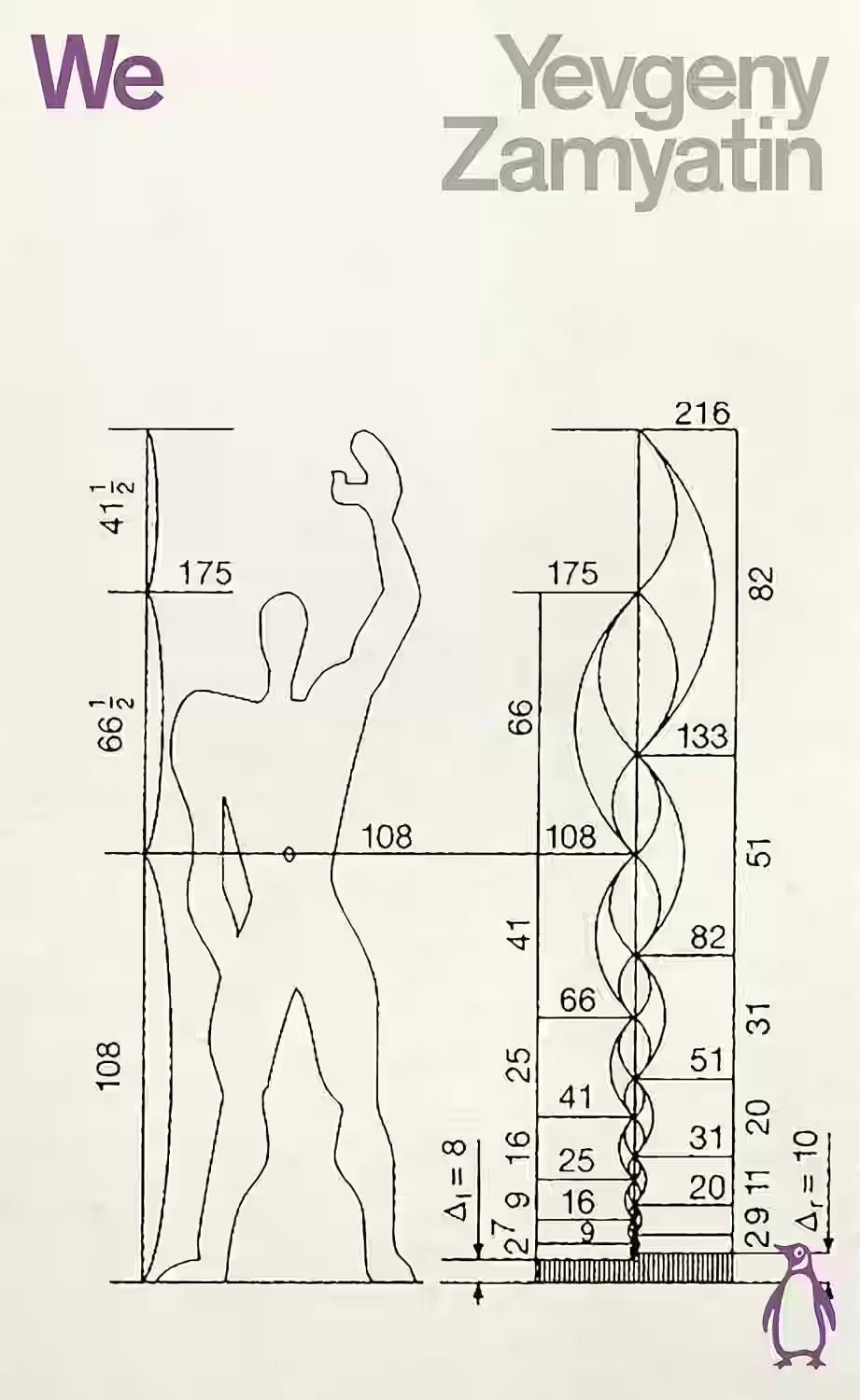
Yevgeny Zamyatin's "We" is a seminal piece of dystopian literature that prefigures many themes explored by later classic works like Orwell's "1984" and Huxley's "Brave New World." Set in the highly regimented One State, a society where individuals are mere cogs in a larger machine and personal freedom is subjugated to an absolute and oppressive ideology, the novel explores the nature of individuality and freedom through the protagonist, D-503, a mathematician who begins to question the infallibility of the state after falling in love with a mysterious woman. Zamyatin's work is notable not just for its powerful narrative and rich characterizations, but also for its incisive critique of authoritarianism and its enduring philosophical questions about the human condition, making it a profound and timeless read.
About Yevgeny Zamyatin
Yevgeny Zamyatin (1884-1937) was a pioneering Russian author and political thinker, best known for his dystopian novel, "We," which is often hailed as a precursor to George Orwell’s "1984" and Aldous Huxley’s "Brave New World." Born in Lebedyan, Russia, Zamyatin initially trained as a naval engineer before turning his attention to literature. His experiences during the Russian Revolution profoundly influenced his writing, as he became a vocal critic of totalitarianism. "We," written in 1920, was groundbreaking for its vivid depiction of a future police state, exploring themes of individuality versus collectivism and the perils of state control. The novel was banned in the Soviet Union but became influential worldwide, sparking debates about freedom and surveillance. Besides "We," Zamyatin wrote numerous short stories and plays, showcasing his sharp wit and keen observation of human nature. Despite being ostracized in his homeland, his literary contributions have cemented his status as a cornerstone of dystopian literature, leaving an enduring legacy that resonates through modern science fiction.
Similar Books
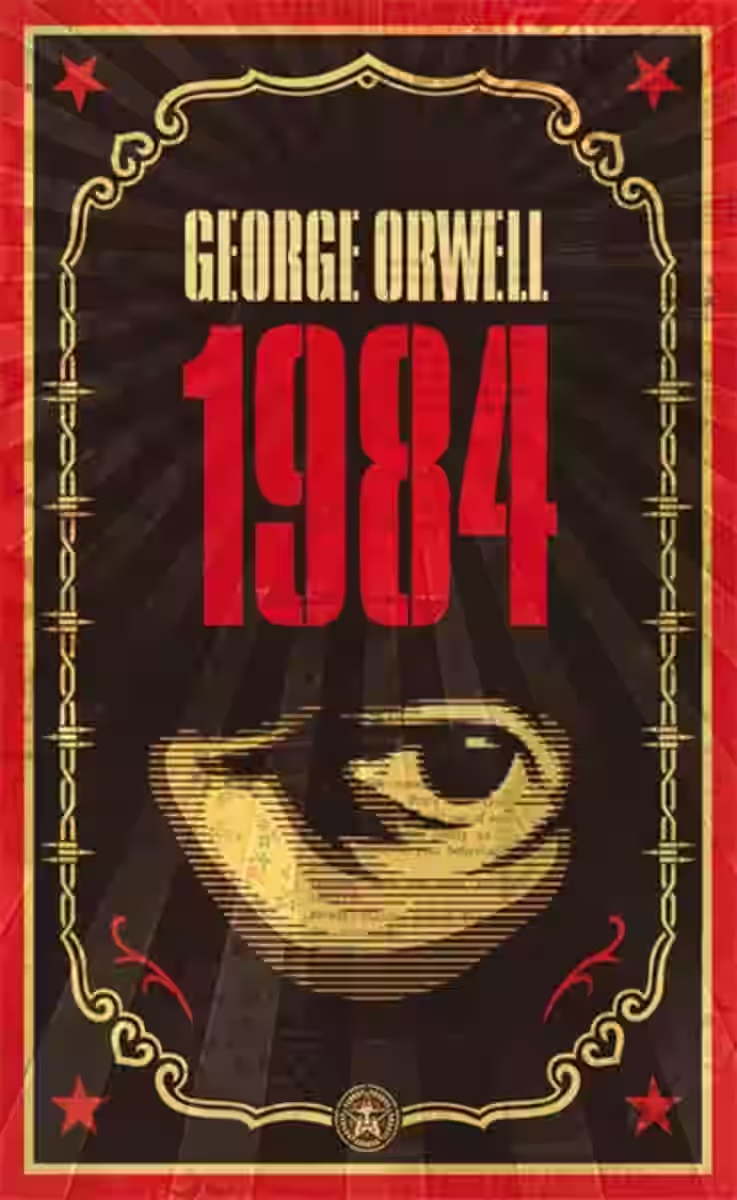
1984
In a totalitarian future Britain, Winston Smith secretly rebels against the omnipresent government that controls reality itself through surveillance, propaganda, and the manipulation of language and history. When he falls in love with Julia, another rebel, their forbidden relationship becomes an act of political rebellion. The novel explores themes of truth, power, and human dignity in a world where independent thought is a crime.
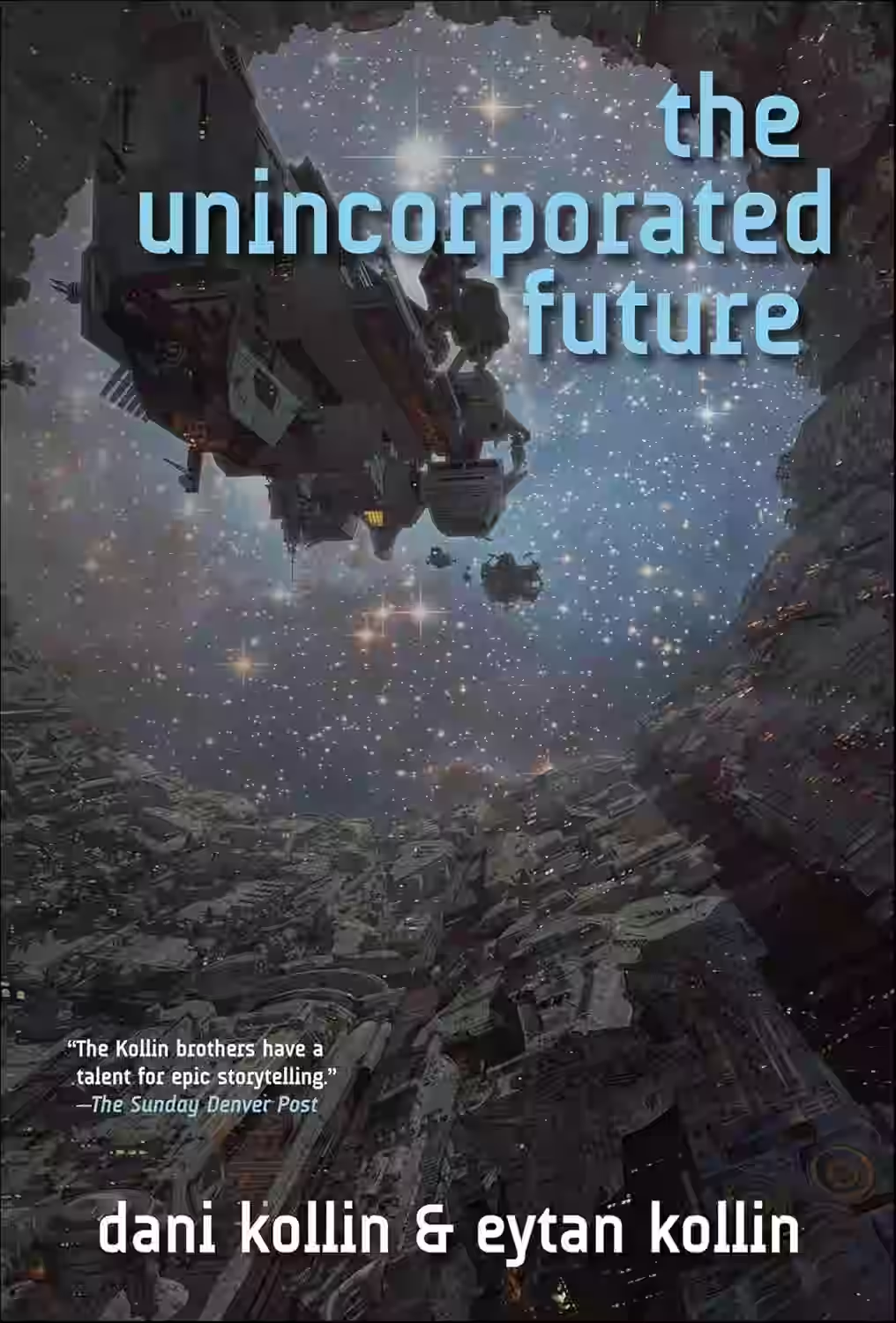
The Unincorporated Future
Series: The Unincorporated Man (#4)
In 'The Unincorporated Future' by Dani Kollin, readers are plunged into a richly imagined universe where the struggle between corporate power and individual freedom reaches its zenith. This sci-fi novel, the concluding volume in the Unincorporated series, paints a tapestry of interstellar politics and revolution as Justin Cord, the spiritual leader of the human diaspora, battles against the Balkanization of space and the encroaching corporatocracy. The book weaves intricate political intrigue with personal drama, questioning the true price of freedom and the overarching influence of corporations on human autonomy. Kollin masterfully blends innovative world-building with a fast-paced narrative, leaving readers contemplating the societal dynamics of our own world. Its vivid characterization deepens the plot, ensuring this futuristic saga resonates with both fans of the series and newcomers to the genre.
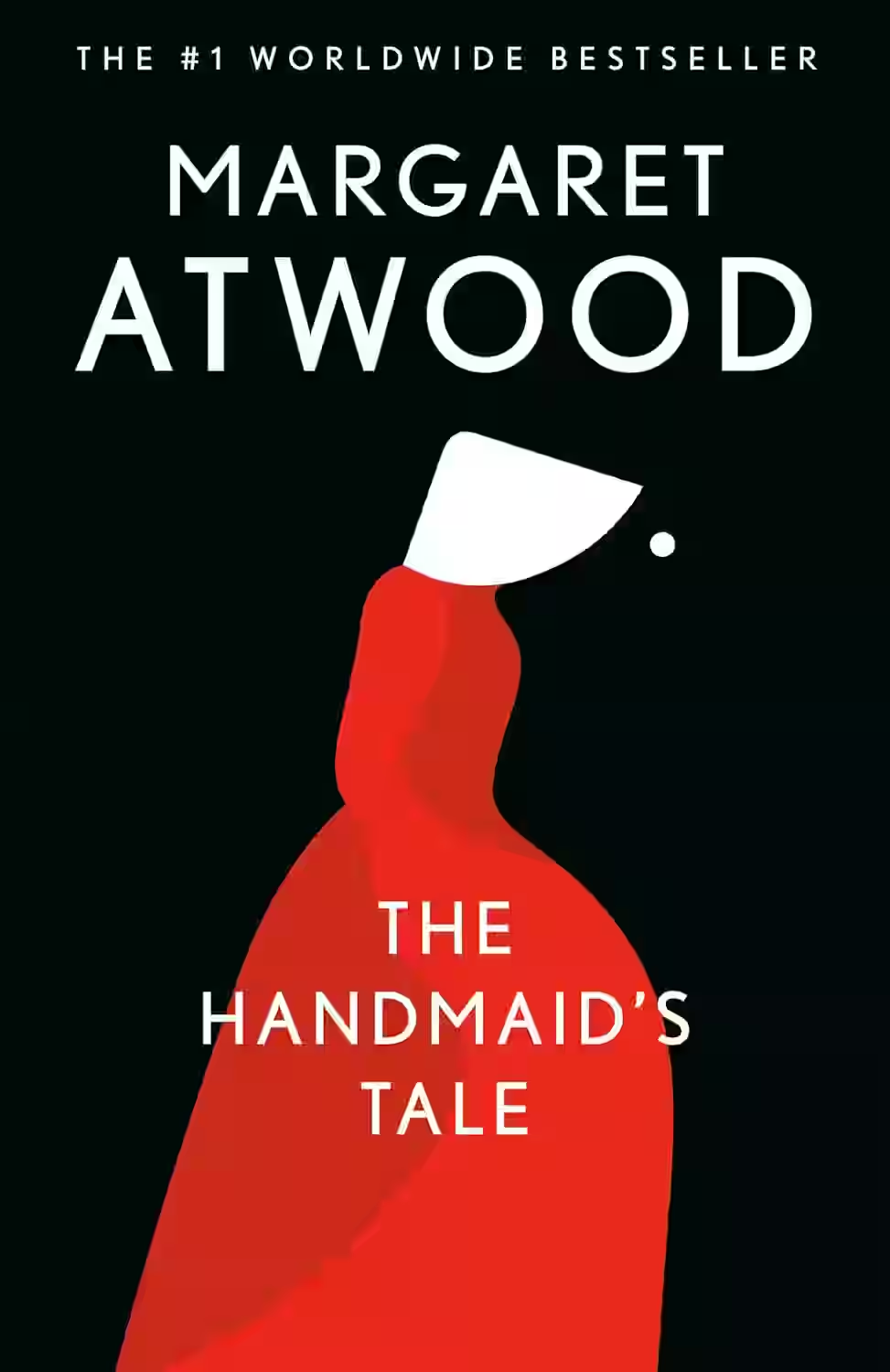
The Handmaid's Tale
Series: The Handmaid's Tale (#1)
In the Republic of Gilead, a theocratic regime has stripped women of their rights and forced them into distinct social classes. Through the eyes of Offred, a Handmaid assigned to bear children for elite couples, we see a chilling exploration of gender, power, and resistance in a society that feels disturbingly possible.
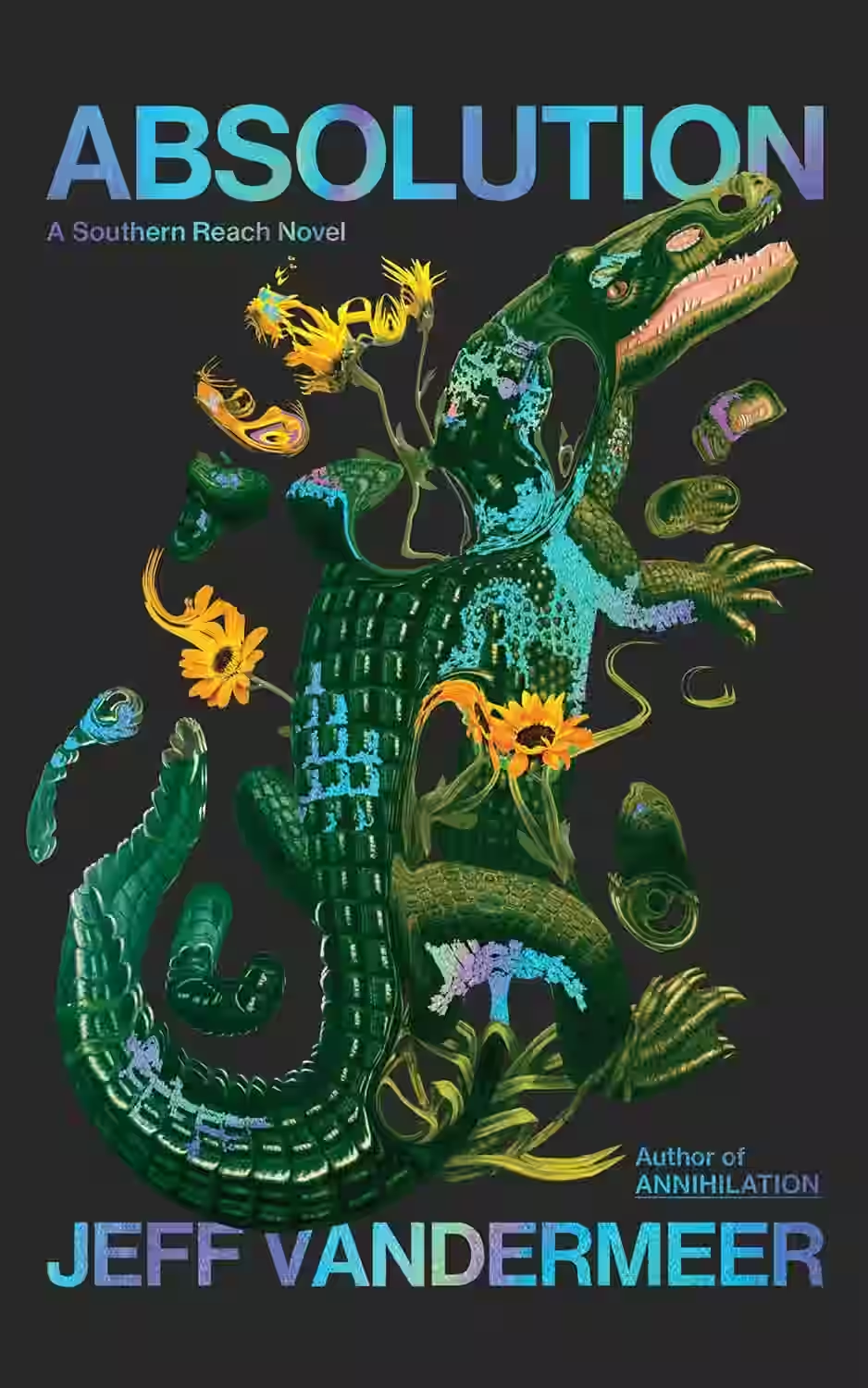
Absolution
Series: Southern Reach (#4)
In 'Absolution,' Jeff VanderMeer weaves a captivating narrative entrenched in the realms of eco-fiction and speculative mystery, reflecting his deft touch with the uncanny and the richly imagined. The story follows characters trapped in a dystopian landscape marred by environmental collapse while dealing with their internal turmoil and moral grappling. VanderMeer's prose is almost musical as he explores the intersections between humanity and nature, raising profound questions about climate change, guilt, and redemption. His skillful layering of suspense and philosophical quandaries ensures that readers are both entertained and provoked to introspection, making 'Absolution' a compelling read for those who enjoy cerebral and environmentally conscious fiction.